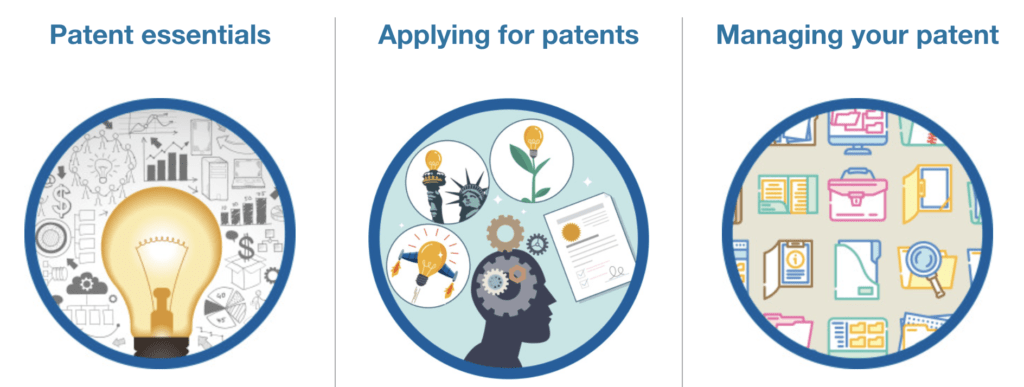In the fast-paced world of technology startups in Los Angeles, innovation is the name of the game. Whether you’re a startup founder with a groundbreaking app idea or a seasoned software developer, protecting your intellectual property is crucial. One common question that often arises in the software development industry is, “Can I patent my software?” In this blog post, we will explore the complexities of software patents, their eligibility, and what you need to consider if you’re thinking about patenting your software.
Understanding Software Patents
In the United States, a software patent is a legal document granted by the United States Patent and Trademark Office (USPTO) government that gives its holder exclusive rights to use, make, sell, or license a particular software invention for a set period, typically 20 years. These patents protect the functionality, features, and algorithms of the software, allowing the inventor to prevent others from using their invention without permission.
 Eligibility for Software Patents
Eligibility for Software Patents
To determine if your software is eligible for a patent, it must meet specific criteria, as outlined by the United States Patent and Trademark Office (USPTO). These criteria generally include:
- Novelty: Your software must be new and not have been disclosed or made publicly available before your patent application.
- Non-obviousness: Your software must not be an obvious improvement over existing technology. It should involve an inventive step that is not straightforward to someone skilled in the field.
- Usefulness: Your software should have a practical application or use, and it should provide a clear benefit to users.
- Patentable Subject Matter: In the United States, software is considered patentable subject matter if it falls under one of the following categories:a. Process: A software algorithm or method that performs a specific function. b. Machine: Software that is tied to a particular hardware configuration. c. Manufacture: Software that is used to create a physical product. d. Composition of Matter: Software that produces a new chemical compound (e.g., in pharmaceutical applications).
What Software Aspects Can Be Patented?
It’s important to note that not all aspects of software are patentable. Generally, the following aspects of software can be patented:
- Algorithms: Specific algorithms or mathematical methods used within the software.
- Unique Processes: Novel processes or methods that are not obvious and have practical applications.
- User Interfaces: Unique and non-obvious graphical user interfaces (GUIs) that improve user interaction.
- Hardware-Software Integration: Innovative hardware-software combinations that result in a new, useful product.
- Data Structures: Proprietary data structures or data organization methods that improve software performance or functionality.
Software Patent Challenges and Considerations
While software patents can provide valuable protection for your intellectual property, there are some challenges and considerations to keep in mind:
- Costs: The process of obtaining a software patent can be costly, including legal fees, application fees, and maintenance fees.
- Enforcement: Patents do not enforce themselves. You must be prepared to defend your patent if someone infringes upon it, which can involve additional legal expenses.
- Rapid Technological Changes: The technology industry evolves quickly, which means that your patented software may become outdated before the patent expires.
- Disclosure: When you apply for a patent, you must disclose detailed information about your software, which becomes public knowledge. This may allow competitors to design around your patent.
In the world of software development, the decision to patent your software is a complex one that should be made after careful consideration of the potential benefits and drawbacks. While software patents can provide protection for your innovations, they also come with costs and require a thorough understanding of patent law. Consulting with a experienced intellectual property attorney can help you navigate the process and make an informed decision about whether to pursue a software patent for your creation. Remember that the eligibility and requirements for software patents can vary by country, so it’s essential to seek legal advice specific to your jurisdiction. A patent attorney in Los Angeles can consult inventors nationwide and worldwide because patents are federal law.


